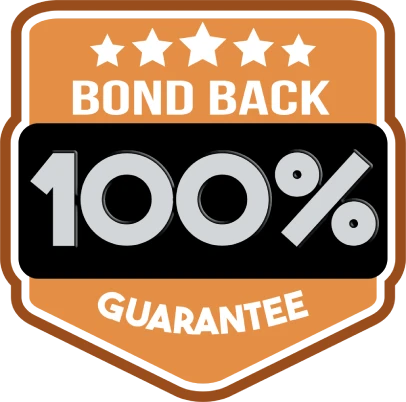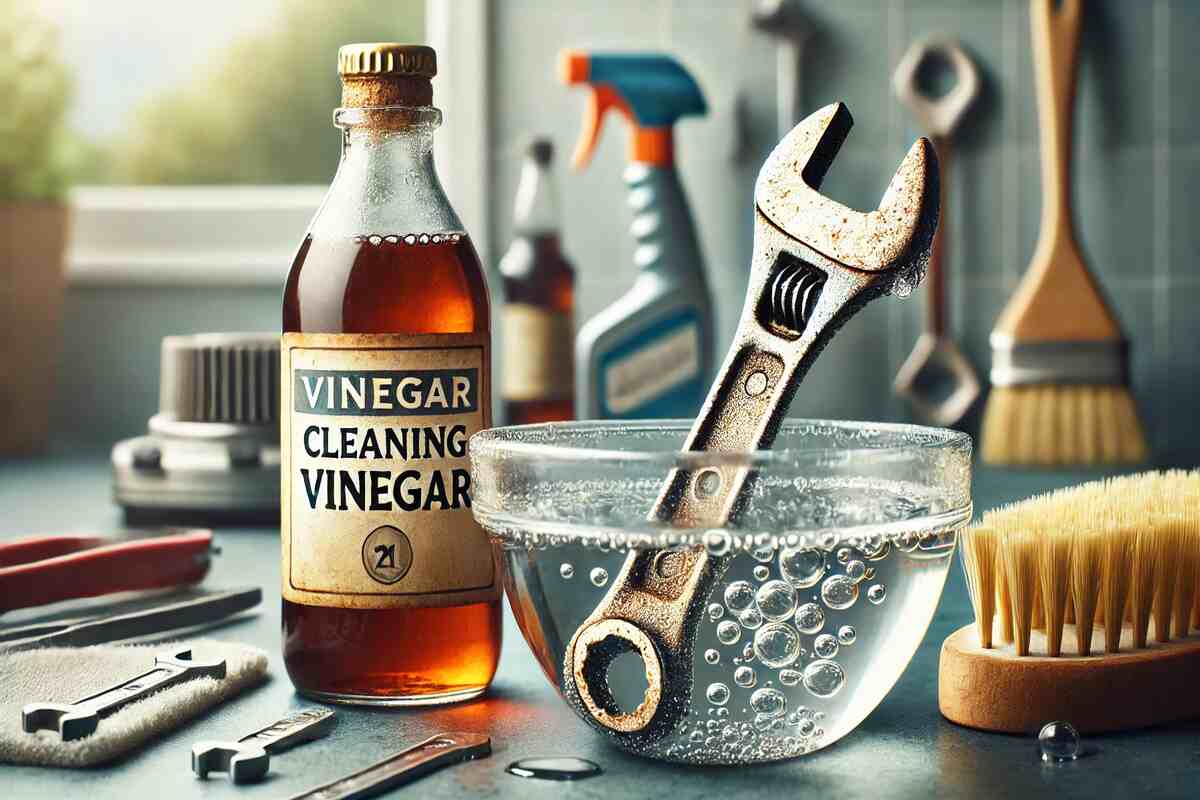Bond Cleaning South Brisbane: Remove Rust with Vinegar
Are your metallic tools, gadgets, and household items rusting and helping them to deteriorate even looking old? Are you confused as to how to get rid of it with expensive chemicals? The formation of rust is mostly the outcome of long exposure to moisture and oxygen; it can be a very annoying problem. But do not worry, you don’t have to use harsh chemicals to revive your things. The miracle cleaner is Cleaning Vinegar an ecological and commonly used household cleaning agent. So let’s check out how to utilize the rust-fighting skills by Bond Cleaning in Brisbane of vinegar to easily free your stuff from rust.
Cleaning Vinegar Composition
Vinegar is produced through the fermentation of ethanol by bacteria into acetic acid, which occurs naturally during fermentation, giving a milder vinegar than other kinds of vinegar as per the research of Bond Cleaning South Brisbane. Acetic acid, water, and trace amounts of additional compounds make up the majority of vinegar types. While distilled vinegar has an acetic acid content of 5-8%, cleaning vinegar or spirit vinegar is even more acidic: up to 24% acetic acid. The strong white vinegar found in parks for house cleaning is passed by the stores. Eco-friendly and non-toxic, this product can be used in green cleaning. Even professionals performing Bond Cleaning in Brisbane use organic products to sanitise homes without toxins.
Reaction of Rust and Vinegar
The interaction Rust is a type of metal oxide, and it combines with acid to form salt and water. When vinegar is applied to rust, it dissolves the oxide, forming a water-soluble salt that is easy to remove. This process, called neutralization, occurs when rust reacts with acetic acid. Cleaning vinegar effectively removes iron oxide deposits from household surfaces and objects.
How to Remove Rust with Vinegar?
Cleaning vinegar is effective and suitable because it does not leave stains and possesses a good amount of acetic acid as per Bond Cleaning South Brisbane. Cleaning vinegar can be used to eliminate rust in the following ways:
1. Keep Rusty Items in Vinegar Solution
Take a large plastic or glass jar, pour into it one litre of cleaning vinegar and add a cup of salt. The salt makes the solution more effective. Place these rusty objects in the container and leave them there for 12 hours, or overnight. In case of extreme oxidation, this will be done over one or two days depending on the requirement. Then remove the object and scrub it with a brass bristle brush or a steel wool pad to get rid of any loose rust. One litre of water and one cup of baking soda must then be combined in a different container to create a neutralising solution.
For ten minutes, immerse the cleaned item in this solution. To get rid of the leftovers, scrub once more and then wipe with a sponge soaked in rubbing alcohol. Leave to dry, and then rub on oil that prevents rusting, according to the suggestion of Bond Cleaning South Brisbane.
2. Soak a Scouring Pad with Vinegar for Scrubbing
In such a way, take a scouring pad, immerse it in cleaning vinegar and use it for cleaning things that cannot be soaked in vinegar solution, according to Bond Cleaning in Brisbane. For example, vinegar is great for cleaning BBQs, ovens, air ducts, and other objects with rust on them. If the surface or fixture is highly rusty, first scrape the flakes off with a scrapper. Scrub the wet pad gently over the affected area to start removing the iron oxides. Use elbow grease to remove rust while avoiding damage to the surface or fixture. Use a microfiber towel soaked in water and baking soda solution to wipe after scrubbing, as advised by Bond Cleaning South Brisbane. Afterwards, dry the area completely and apply rust preventive oil, paint, or lubricant.
3. How to remove rust stains from clothes, fabrics, and carpets
Rust stains can ruin, and sometimes even need irreversible restoration on carpets, clothes, and fabrics that you’ve put off cleaning for a while, according to Bond Cleaning South Brisbane. So if you see a rust stain, it’s good to get rid of it according to these steps:
- Pour cleaning vinegar into a spray bottle and mist the afflicted region.
- Let the cleaning vinegar sit for about 5-10 minutes, then dab the area with a microfiber cloth or paper towel.
- Use mild detergent and warm water, if the rust stain marks on clothes as per Bond Cleaning in Brisbane.
- Repeat the process if the stain doesn’t go away, but beware not to overdo it because the acid weakness can get into the fabrics and fibres.
Tip: At the end of a tenancy, employ professional end-of-lease cleaners like Bond Cleaning South Brisbane to carry out the cleaning of carpets with rust as well as any other stains. This can relieve stress and help to get a hundred per cent bond refund.
4. Rust Removal Using Vinegar and Baking Soda Paste
The formation of water-soluble salt takes place when the vinegar reacts with iron oxides. Mixing baking soda with vinegar makes it act as a scouring agent and also attacks this oxide layer. This paste works perfectly in removing rust from iron, steel, aluminium, and other metals, according to Bond Cleaning South Brisbane. Don’t keep it on any surface for a long time as vinegar erodes and weakens the metal, making it more prone to rusting. Active mixing of baking soda and vinegar also prevents any rusty odour since sodium bicarbonate is a natural deodorizer.
Wrapping Up
Rust, however, does not have to bring an end to all your favourite tools and household items as per Bond Cleaning in Brisbane. With cleaning vinegar on hand, you have good, cheap, and very effective home remedies whenever you need them Badly Rusted or Crusty Tools wrenches, garden implements, or favourite family heirlooms can shine with the cleansing works of vinegar.
Follow these steps and keep the rust away, prolonging the life of your metal possessions and Clear Dust From Your Home as per Bond Cleaning South Brisbane. So grab a bottle of vinegar and start your rust-free future awaits.
Also learn more about Five Common Errors When Cleaning Your Toilet In Brisbane here.


